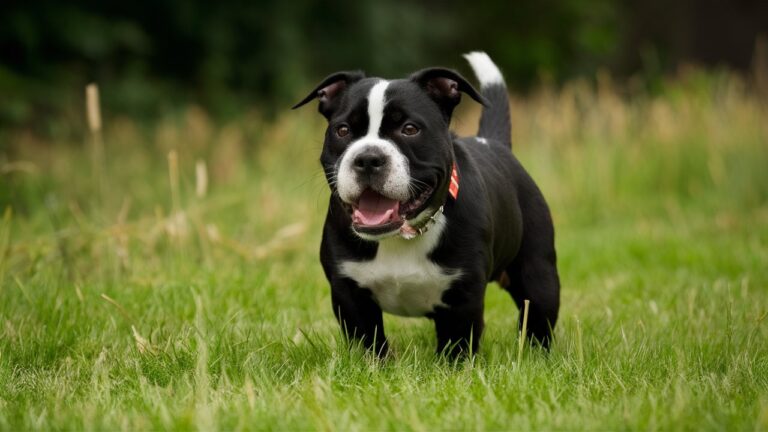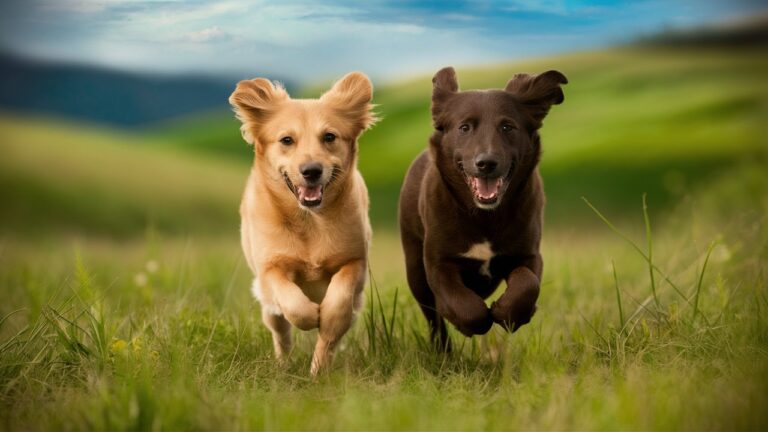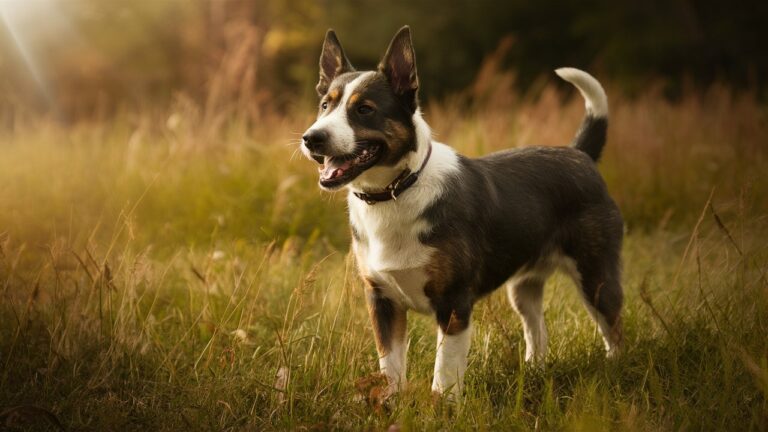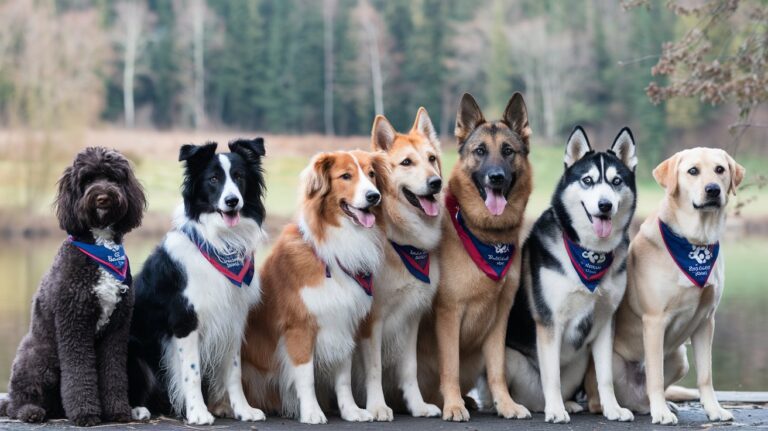The Bidoodle: 100% Comprehensive Guide to the Perfect Family Pet
The world of designer dogs has introduced us to many delightful crossbreeds, and the Bidoodle is no exception. A charming mix of the Bichon Frise and the Poodle, the Bidoodle, also known as the Bichoodle or Bichon Poo, is a small yet vibrant dog that combines the best traits of both its parent breeds. This article will delve into the characteristics, care requirements, and personal experiences with Bidoodles to provide a comprehensive guide for prospective owners.
Table of Contents
ToggleOrigin and History

The Bidoodle is a relatively new hybrid breed that emerged as part of the designer dog movement in the late 20th century. The goal was to combine the hypoallergenic coat of the Poodle with the friendly and playful nature of the Bichon Frise. Both parent breeds have a rich history; the Bichon Frise is believed to have originated in the Mediterranean, while the Poodle hails from Germany and France.
Physical Characteristics
Bidoodles typically inherit a combination of traits from their parent breeds, resulting in a small, sturdy dog with a soft, curly coat. They usually weigh between 10 to 20 pounds and stand about 9 to 15 inches tall at the shoulder. Their coats can vary in color, including white, cream, apricot, black, or a combination of these.
One of the standout features of the Bidoodle is its hypoallergenic coat, making it an excellent choice for allergy sufferers. Regular grooming is essential to keep their coat in good condition and prevent matting.
Temperament and Personality
Bidoodles are known for their friendly and affectionate nature. They thrive on human interaction and are known to be great companions for families, singles, and seniors alike. Their intelligence, inherited from the Poodle, makes them quick learners and relatively easy to train.
My own experience with a Bidoodle, named Max, has been nothing short of delightful. Max is always eager to please and has a knack for picking up new tricks quickly. His playful demeanor and gentle nature make him a favorite among the neighborhood children.
Training and Socialization

Bidoodles are highly trainable dogs, thanks to their intelligence and eagerness to please. Positive reinforcement methods work best, including treats, praise, and play. Early socialization is crucial to ensure they grow up to be well-rounded dogs. Exposing them to different people, pets, and environments will help prevent any potential behavioral issues.
I recall taking Max to puppy training classes, where he excelled and made many furry friends. The socialization aspect was invaluable, as it helped him become a confident and well-mannered adult dog.
Exercise and Activity Levels
Despite their small size, Bidoodles have moderate energy levels and require regular exercise to keep them happy and healthy. Daily walks, playtime in the yard, and interactive toys will help burn off their energy. They also enjoy mental stimulation, so puzzle toys and training sessions can be beneficial.
Max loves our daily walks in the park, where he gets to explore new scents and meet other dogs. His favorite activity, however, is playing fetch with his squeaky toy, which provides both physical exercise and mental stimulation.
Health and Lifespan
Bidoodles are generally healthy dogs, but like all breeds, they can be prone to certain health conditions. Potential health issues include hip dysplasia, patellar luxation, and eye problems. Regular veterinary check-ups and a balanced diet are essential to maintain their health.
Max has been fortunate to avoid any major health issues so far, thanks to regular vet visits and a nutritious diet tailored to his needs. His lively personality and zest for life are a testament to his good health.
Grooming Needs
The Bidoodle’s hypoallergenic coat requires regular grooming to keep it looking its best. Brushing several times a week will help prevent matting and reduce shedding. Professional grooming every 4 to 6 weeks is recommended to maintain their coat’s health and appearance. Additionally, regular teeth brushing, ear cleaning, and nail trimming are essential parts of their grooming routine.
Max enjoys his grooming sessions, especially when they end with a treat. It’s a great bonding time for us, and it keeps him looking and feeling his best.
Diet and Nutrition
A balanced diet is crucial for the overall health and well-being of a Bidoodle. High-quality commercial dog food or a well-prepared homemade diet can provide the necessary nutrients. It’s important to consult with a veterinarian to determine the best diet for your Bidoodle based on their age, weight, and activity level.
Max thrives on a diet of high-quality kibble mixed with fresh vegetables and occasional lean meat treats. This balanced diet keeps his coat shiny and his energy levels up.
Living Conditions
Bidoodles adapt well to various living conditions, whether in apartments or houses with yards. They are relatively low-maintenance in terms of space but do require regular exercise and mental stimulation. They are also known to be good watchdogs, alerting their owners to any unusual activity.
Max is perfectly content living in our apartment, as long as he gets his daily dose of exercise and playtime. His adaptable nature makes him a great companion in any setting.
Personal Anecdotes
One memorable experience with Max was during our family vacation to the beach. Initially hesitant about the water, Max quickly discovered the joys of swimming. He spent hours splashing in the shallow waves and chasing seagulls along the shore. His playful antics provided endless entertainment for our family and other beachgoers.
Another heartwarming memory is when Max comforted our neighbor’s child, who was upset after a fall. Max instinctively sat beside her, offering gentle nudges and licks until she started to smile again. His empathetic nature truly shone through in that moment, reinforcing why Bidoodles make such wonderful companions.

Conclusion
The Bidoodle is a delightful blend of the Bichon Frise and Poodle, resulting in a friendly, intelligent, and adaptable companion. Their hypoallergenic coats, moderate exercise needs, and affectionate personalities make them ideal pets for various households. With proper care, training, and love, a Bidoodle can bring joy and companionship to any family.
Owning Max has been a rewarding experience, filled with laughter, love, and countless memorable moments. Whether you’re looking for a playful family pet or a loyal companion, the Bidoodle is a breed that’s sure to capture your heart.





